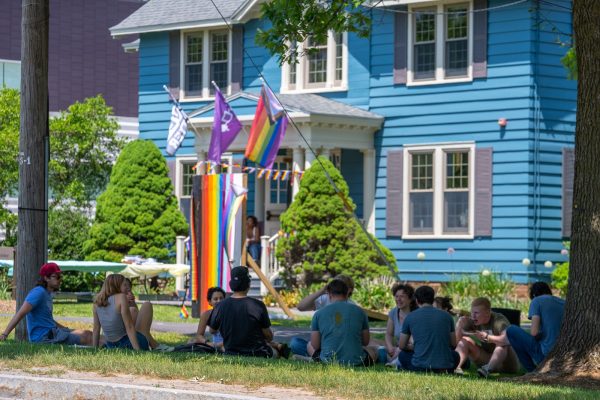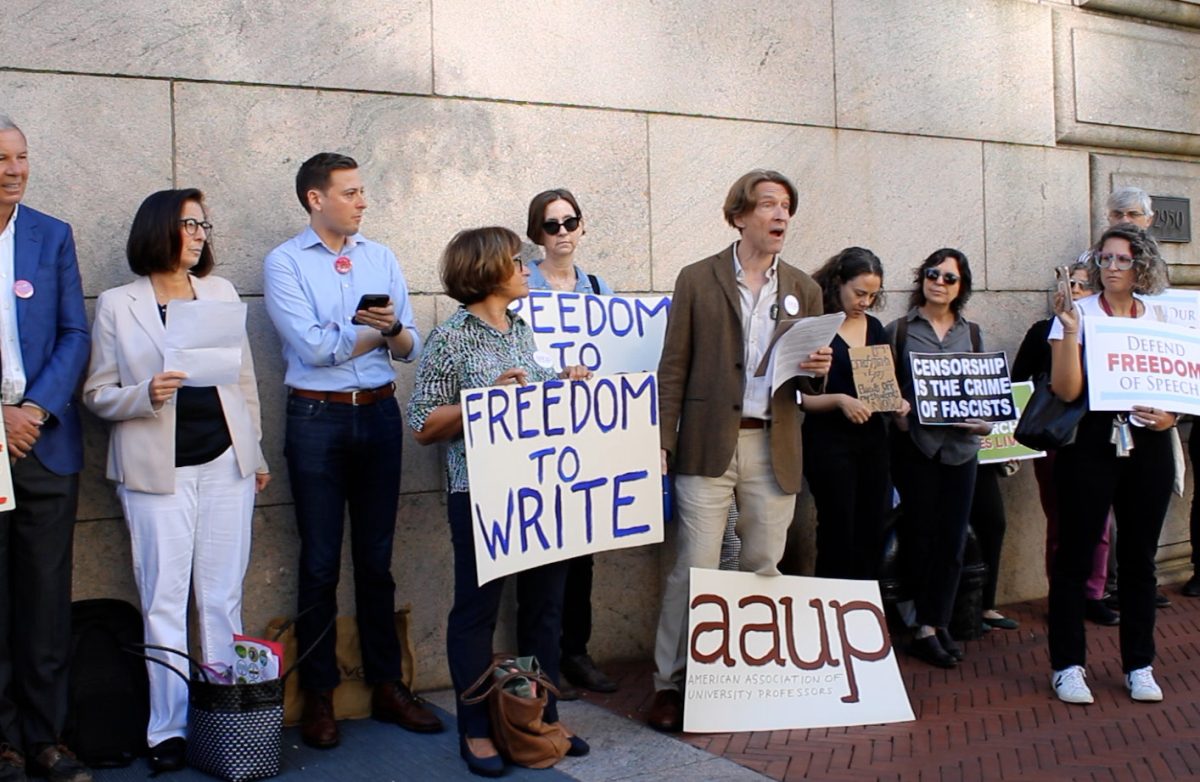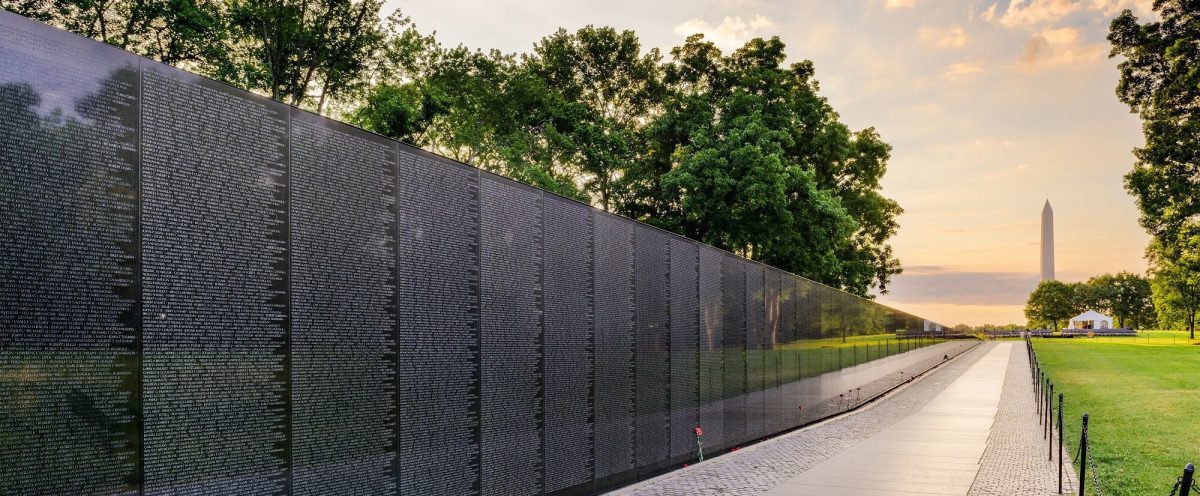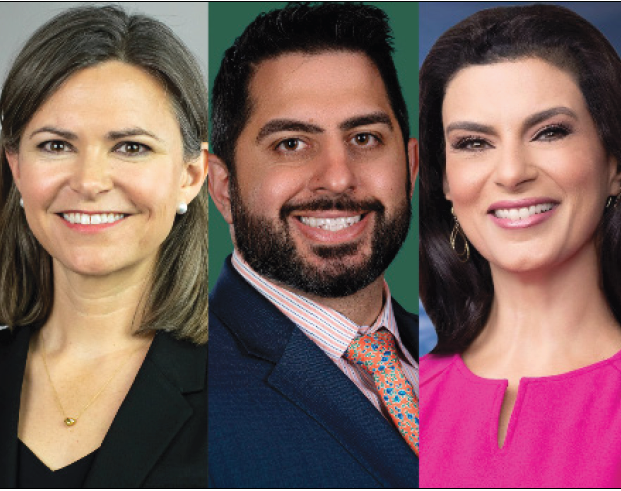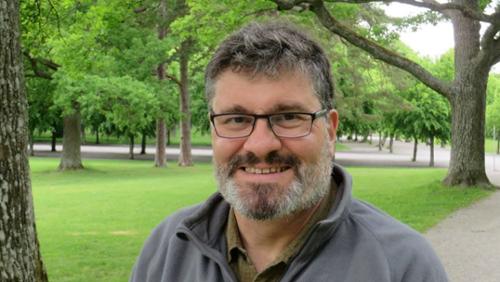
It’s long past time to break the glass and pull the fire alarm. Whomever you voted for in the fall, even if it was Trump, you should be very afraid and very angry. What is happening in the U.S. goes way beyond any traditional partisan differences and represents a profound threat to American democracy.
During the past two weeks, while many of us have been off campus for spring break, the Trump Administration has vastly amplified its efforts to transform the United States into an elective autocracy such as now exists in Hungary, Turkey and India. An elective autocracy has the superficial trappings of democracy, including opposition parties, but the opposition is rendered powerless to have any chance at governing. The ruling party manipulates the electoral process and controls or intimidates the legal system and legal profession, the media and institutions of civil society like higher education. Civil liberties are massively curtailed, and dissent is punished, whether through legal prosecution or loss of employment or assets.
If you think “it can’t happen here,” to quote an old expression, think again. The United States has only truly been a democracy since the voting and civil rights legislation of the 1960s. Though we have had democratic institutions since the eighteenth century, our country has also had a history of authoritarian, indeed brutal, practices and institutions, especially against people of color, women, the LGBTQ+ community, immigrants, labor unions and political activists. Indeed, the U.S. South functioned more or less as an authoritarian police state in order to uphold slavery, segregation and racial terror. In many ways, people of color especially have already seen what’s now coming for everyone. My aim is not to present a litany of criticism against the U.S., but to show that democratic institutions and individual liberties in our country are not nearly as secure as you might think. Even worse, though, Trump’s multipronged assault on checks and balances, federalism, constitutional laws and norms, dissent and freedom of expression may indeed be unprecedented in the history of the U.S.
The policies of the Trump Administration also present an existential threat to higher education and to the future of Hamilton College. The Administration is using the cudgel of federal funding and the threat of heavily taxing institutional endowments to bring colleges and universities to heel. The Trump Administration’s recent agreement with Columbia University, which involved changes in Columbia’s disciplinary and protest policies and the governance of its the Middle East, South Asian and African Studies Department, represents unprecedented degree of federal interference into the academic freedom and governance of higher education. One might also cite the “Dear Colleague” letter issued in February by the U.S. Department of Education, which threateningly demanded that academic institutions end any programs related to diversity, equity and inclusion. Or, most recently, the arrest and attempted deportation of international students who engaged in speech and protest opposed by the Administration. Whatever one’s views on Gaza or DEI or other issues, these measures fundamentally threaten academic freedom and civil liberties on campuses and in society at large. The attacks on diversity, equity, and inclusion and so-called “woke” curricula threaten a variety of scholarship programs, including Posse and HEOP, and will reverse decades of progress in making campuses more welcoming and egalitarian places. Conceivably, these attacks could ultimately lead to government monitoring of course syllabi and faculty hiring, and the dissolution of departments like Africana Studies, Women’s and Gender Studies, and Environmental Studies. The cancellation and evisceration of federal research funding endangers the work and livelihoods not only of faculty and students at large universities but also at liberal arts colleges like our own. And the silencing of international students is, I fear, only a first step toward a more general crackdown on dissent.
Our governing institutions might not protect us. Trump is trying to rule by decree, via executive orders. While the courts are fighting back, it’s an open question how the Supreme Court will rule on Trump’s policies and whether Trump will even comply with legal rulings. Second, Congressional Republicans have basically turned their branch of government into a rubber stamp, if even that, and the Democratic leadership in the Senate caved when they should have used their leverage on the recent budget resolution.
A lot of this is up to us, no matter your political party. Yes, support politicians who show courage or who electorally challenge those who don’t. But we can’t rely only on elected officials. Get out and protest. Find out what’s happening on campus, in Central New York and in your own community back home. For example, there is a major nationwide protest on April 5. It’s happening in communities large and small. There is also a higher education national day of action on April 17, with events on this campus. Protest is not in vain. It puts pressure on elected officials, builds solidarity, and raises public awareness. And no major political reform has happened in the U.S. without a mass movement. Form support and information networks with your peers, including across partisan lines. Keep in mind that members of traditionally marginalized communities, and now also international faculty and students, feel especially threatened and vulnerable.
The capitulation of Columbia and, now, indications that Harvard might also knuckle under, are a scary harbinger of what’s coming for all academic institutions if they surrender one by one. As President Tepper reported, our college is working with “with peers around lobbying, messaging, and navigating our legal and political context,” “develop[ing] contingency plans in the areas of federal grants and tax on endowments,” updating campus constituencies, enlisting alumni and supporting vulnerable members of the community. This is good, essential work. But it is also important for Hamilton as an institution to speak out. Some people believe colleges should be neutral on political issues not relevant to our mission, but what we are now facing directly affects our functioning as an institution. Others are legitimately worried that if college officials speak out publicly, we’ll put a big target on our back and especially endanger vulnerable people on campus. I respect that concern, but keeping silent or trying to stay under the radar only legitimizes authoritarian rule. Silence will perhaps delay what is coming, but it will also ultimately ensure the success of Trump’s campaign. I therefore welcome President Tepper’s pledge to write an op-ed on this crisis. Public leadership from President Tepper can express the determination of the college to stand by its values, not accede to the demands of the Trump Administration, and, equally importantly, dispel public misperceptions that have enabled Trump’s attack on higher education. I also hope President Tepper commits to protecting our international faculty and students, clarifies what the college will do if ICE shows up, and pledges to withhold all assistance in efforts to arrest and deport visa-holders. The college should also commit to standing up for members of our community who get doxxed or harassed by trolls or malevolent organizations.
Hamilton does not need to stand alone here. Coordinating our public statements with those of peer institutions, professional associations and perhaps elected officials can amplify our message, show solidarity and deflect any focus just on Hamilton. And other colleges, like Swarthmore, have taken steps to protect international and immigrant members of their community. As a professor, I recognize the need to be nonpartisan and objective, but objectivity here demands recognition that we no longer live in “normal” times. This is an emergency for our institution, for our country, for democracy, and indeed for the world. I cannot overemphasize that what we are seeing goes way beyond familiar, reasonable political division and debate and partisan differences. We often look back on ugly episodes in history, like the rise of fascist and communist totalitarianism, and ask, “Why didn’t people act in time to stop it?” Let’s hope future generations don’t ask the same question about us.
